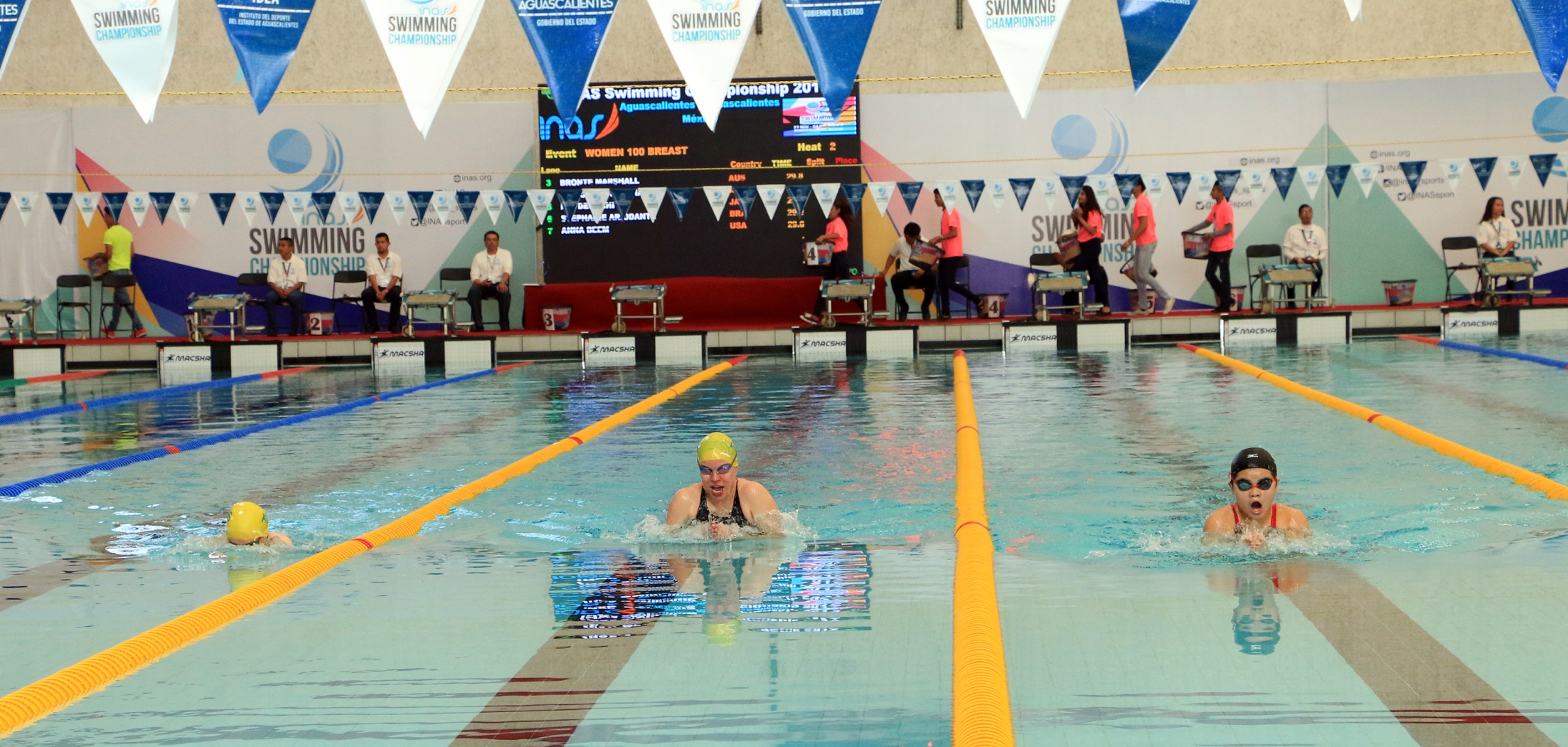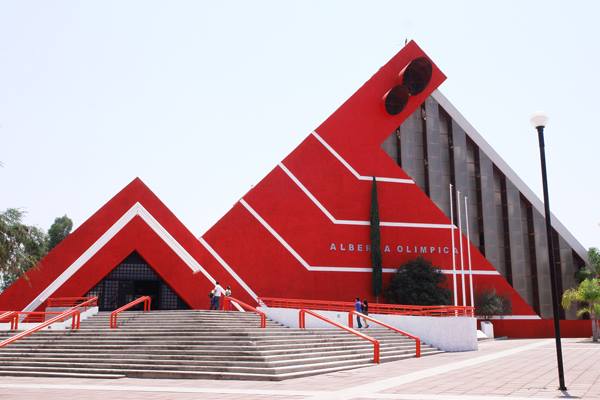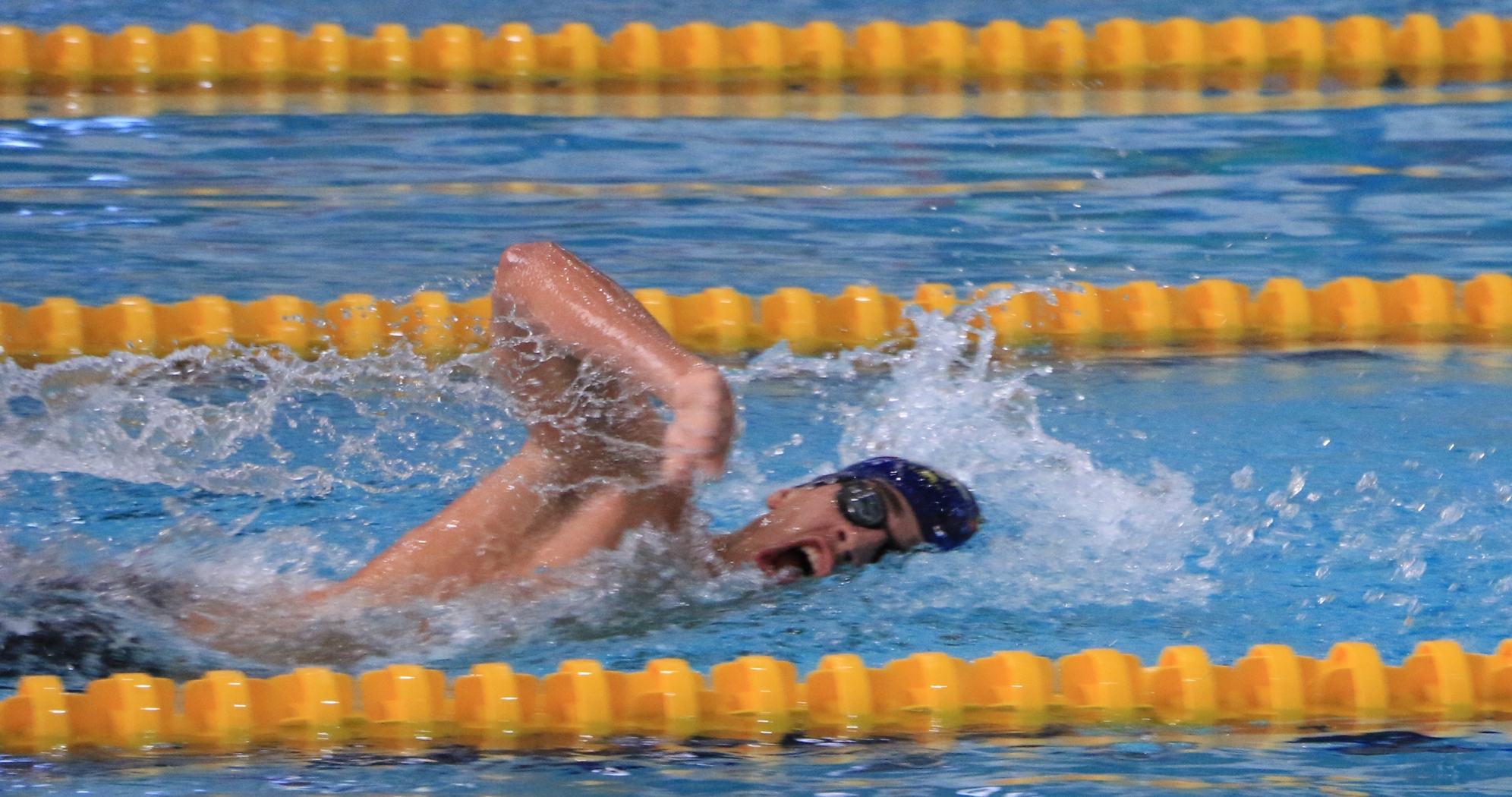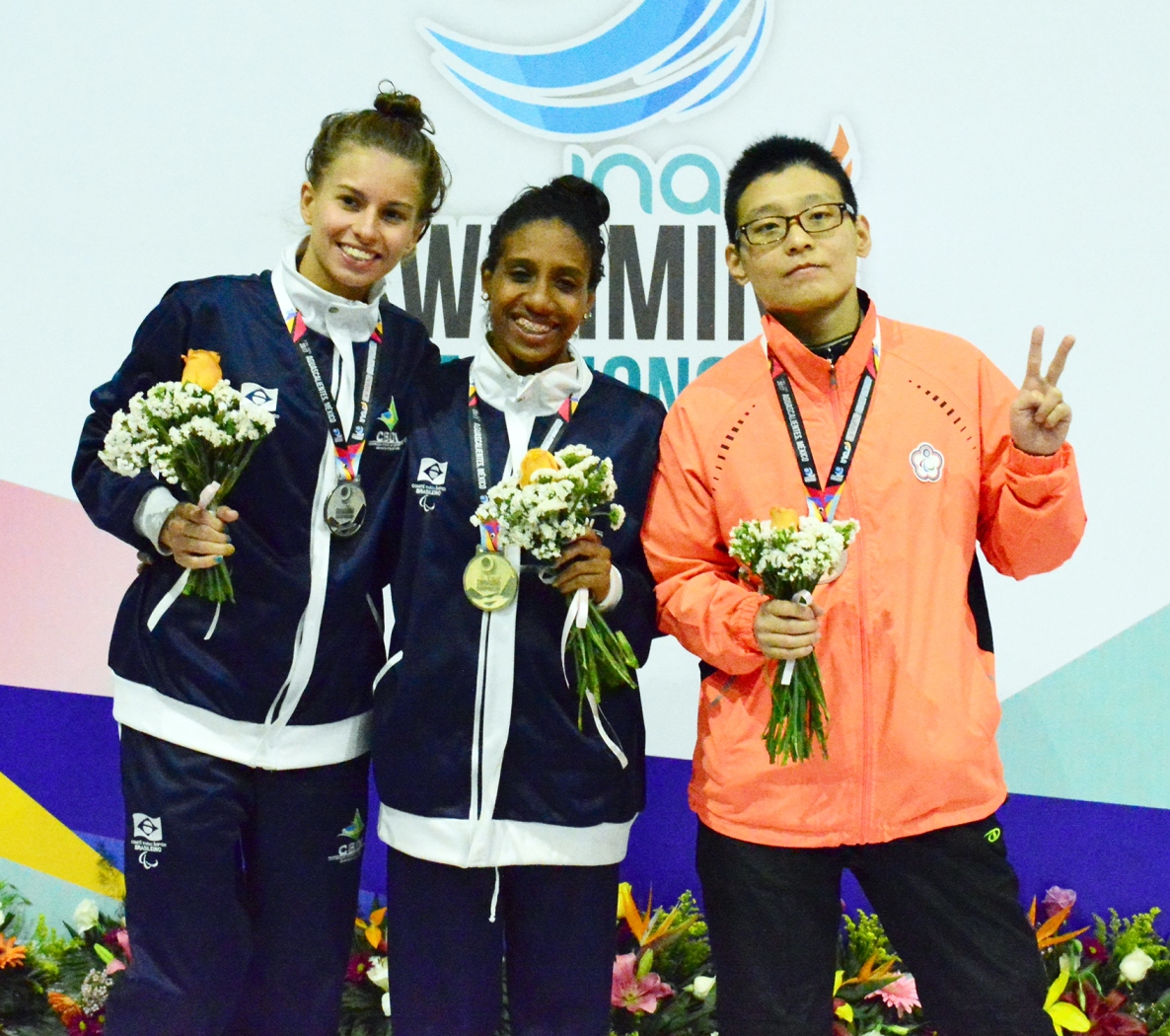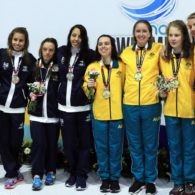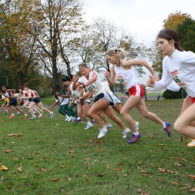Japan close 2017 World Intellectual Impairment Sport Swimming Championships with triple gold
Japan closed the 2017 World Intellectual Impairment Sport Swimming Championships in Aguascalientes, Mexico, in style on Sunday (4 December), with three gold medals.
Taiga Hayashida, Yasuhiro Tanaka, Haruki Takayanagi and Shunya Murakami (4:28.93) won the men’s 4x100m medley relay with ease.
Brazil’s Kaio Adriano Olivier Branco, Luis Henrique Sieiro, Gustavo De Oliveira Nunes and Andre Luiz Bento Silva (4:36.15) took silver. Nathan Maillet, Jacky Deforge, Mathis Daniel, Maxime Dutter (4:45.74) clinched bronze for France.
The women’s 4x100m medley relay was won by Mai Deguchi, Remi Watanbe, Chinami Harada and Haruna Ogawa (5:21.25). Australia grabbed another relay medal with silver courtesy of Jaime-Lee Getson, Bronte Marshall, Nikesha Sophia Harding and Casey Stevens (5:25.68).
Brazil’s Ana Karolina Soares Oliveira, Kelly Da Silva Antunes, Debora Borges Carneiro and Stephanie Ariodante (5:47.98) competed the top three with bronze.
Yasuhiro Tanaka (1:10.38) led an all-Japanese podium in the men’s 100m breaststroke. Teammates Taiga Hayashida (1:11.42) and Shinichi Hirota (1:14.05) took silver and bronze, respectively.
In the women’s 100m breaststroke there was gold for Brazil with Carneiro (1:22.56) claiming her latest win. Australia’s Jaime-Lee Getson (1:28.20) just edged Japan’s bronze medallist Mai Deguchi (1:28.22) by a fingernail to take silver.
Ana Karolina Soares Oliveira also leaves Aguascalientes as the most decorated athlete from the women’s S14. The Brazilian claimed four individual gold medals across five days of competition.
The combined performance of the Rio 2016 Paralympic Games hosts saw them top the medals table in the S14 category with 15 golds, eight silver and five bronze. They also led the overall medals table, S14 and trial eligibility groups combined, with 25 golds, 10 silver and eight bronze medals.
Hosts Mexico finished second in the overall table with 18 golds, 14 silver and 16 bronze, including one gold, two silver and two bronze in the S14.
Australia were third with 10 titles, 13 silvers and four bronze featuring nine wins in the S14.
In the remaining events contested on day five, Spain’s Luis Francisco Parede (2:23.94) triumphed in the men’s 200m butterfly S14.
There was a Japanese double on the rest of the podium with Haruki Takayanagi (2:25.77) taking silver and Yuki Yamanaka (2:26.01) the bronze.
Australia’s Nikesha Sophia Harding (2:42.86), the silver medallist from 2015, took victory in the women’s 200m butterfly S14. The 18-year-old beat Chinese Taipei’s defending champion Jo-Lin Tu (2:50.73) who claimed second place. The USA’s Leslie Cichocki (3:02.01) completed the top three.
Maillet tied with Japan’s Shunya Murakami and Brazil’s Felipe Caltran Vila Real for the most decorated men’s S14 swimmers with two golds each.
Trial significant additional impairment groups
In the men’s 100m breaststroke – Down syndrome Caique Aimore (1:29.82) secured his seventh gold medal of the competition. His victory makes him the most decorated athlete from the trial eligibility group.
Colombia’s Jose Miguel Ramirez (1:35.13) sealed silver. Carlos Hernandez (1:36.56) doubled Spain’s medal haul for the evening with bronze.
Spain’s Dunia Camacho Marenco tied with Spain’s Camino Martinez De La Riva for the most decorated swimmer in the women’s – Down syndrome with three titles each.
Full results are available here.
The 2017 World Intellectual Impairment Sport Swimming Championships ran from 28 November – 3 December.
Behind the scenes content, videos and pictures are available at World Intellectual Impairment Sport Facebook and Twitter and a newly launch Instagram account (@inas_sports)
Two eligibility groups were trialled in Aguascalientes -1. Athletes with significant additional impairment – for athletes with an intellectual impairment and a further significant impairment. Initially this will be restricted to athletes with Down syndrome. 2. For athletes with autism.

